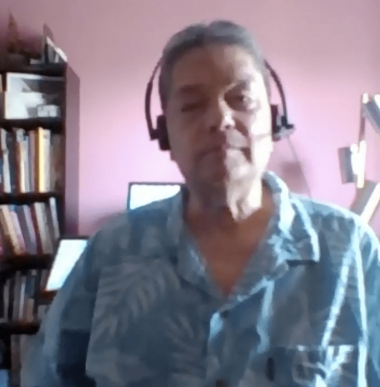In this video, tech-consultant and pioneering computer programmer and disability advocate Curtis Chong discusses the current shortfalls of accessible voting technology. Curtis explains that today’s expensive accessible voting machines are not able to synthesize speech as well as an iPhone or Android, yet we spend much more on these machines despite their shortcomings. As Curtis puts it:
“We feel we are not getting the best designs with regard to the accessible equipment at the polls”
He goes on to explain that “When the iPhone started achieving some prominence within the blind community, the state I was living in had a talking voting machine. When we went to evaluate that machine, we found out that… First of all, you couldn’t speed it up to have it talk very quickly, and secondly, the pronunciation of individual words was quite garbled. So I went to the Secretary of State’s office in that state and said, ‘You know my iPhone can talk faster and more clearly than your expensive voting machine.’”
Curtis believes the best way to achieve change is to get out and vote.
“The only way we are going to fix [the challenges those with disabilities] is if people with disabilities participate in the process and get up and say: ‘This is what we want.’ ‘These are the problems we are facing,’ and, frankly the mechanism in our country through which we influence policy at its basic level is through the vote.”
Curtis is calling on all people with disabilities to fully participate in the electoral process to explain that in spite of these barriers.

